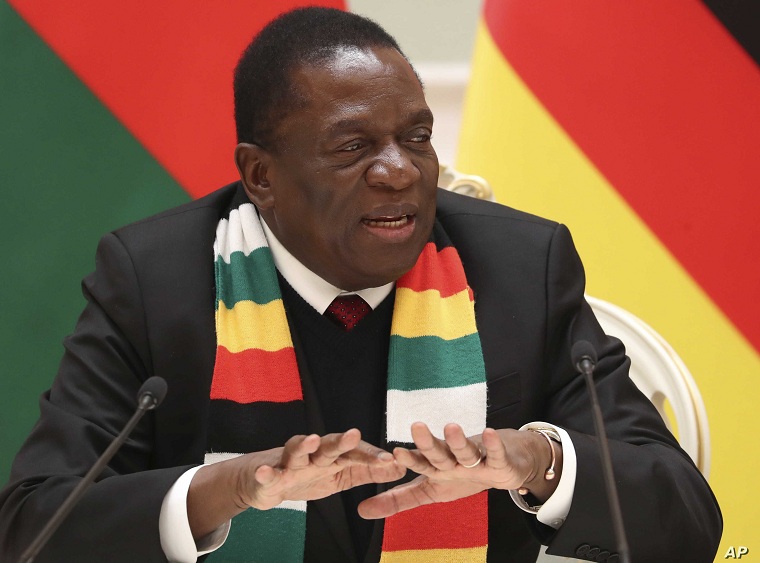One such area is called Himalaya, to the East of our country. Both wars and peace have dispersed and triggered human movements, across time and space. Human movements are as old as mankind.
Many reasons explain this phenomenon. These range from sheer insecurity, the search for secure land, treasure hunting or to sheer desire to conquer, occupy and expand territorial jurisdiction. Alongside these movements is the meeting and mutual enrichment of genes, civilisations, cultures and languages.
Hybridity is thus a direct result of human movements and contact. Today, no civilisation grows pure unto itself, sealed from influences from other cultures and civilisations. Rather, civilisations have evolved through reciprocal interchange, making them a common human heritage.
Here on the African continent, our Agenda 2063 envisages the eventual paring down of borders as peoples, capital, goods and services move freely across African space.
This is a deliberate contrivance by all of us under the aegis of the African Union. Indeed the African Continental Free Trade Area which our countries acceded to a few years back, is a key building block towards a continent freed from artificial borders.
Beyond our continent, pressures of globalisation have grown stronger and inescapable.
Today countries, regions and continents evolve interconnected, all to create what is known as a global village. Events in any one corner of the globe impact and reverberate right across continents, often in real time.
The mark of the age we survive and live under is the death of time and space. Technology, trade, human movements, conflicts and even terrorism, have made our globe closely networked and connected, both for better and for worse.
My recent visit to United Arab Emirates (UAE) for Dubai Exposition 2020 again reminded me of this reality of a globalised age.
Here was an exposition of all nations and peoples of the world, big and small; black, white, yellow, brown or of any colour, all in one space.
Here, too, were economies of the world meeting and interacting harmoniously in one common space and in one common market.
Cultures, too, met and melded in ways that reminded us once more that no man or woman is an island, one unto himself or herself.
Like the rest of humanity, Zimbabweans have been on the march, leaving their homeland of birth for foreign ones.
Their reasons for doing so are many and varied.
Arguably, it is an exercise in futility to try and itemise them. The key thing is to acknowledge that like all nations under the sun, Zimbabwe has a robust and far-flung emigre community.
Collectively, we call them the Zimbabwean diaspora.
Continued next page
(198 VIEWS)


